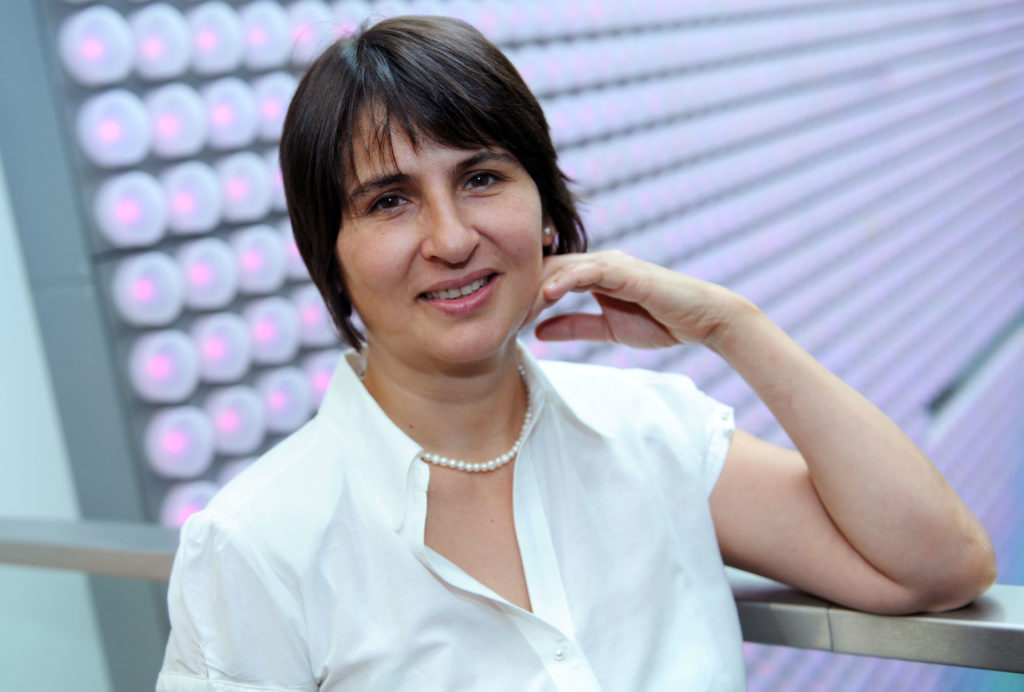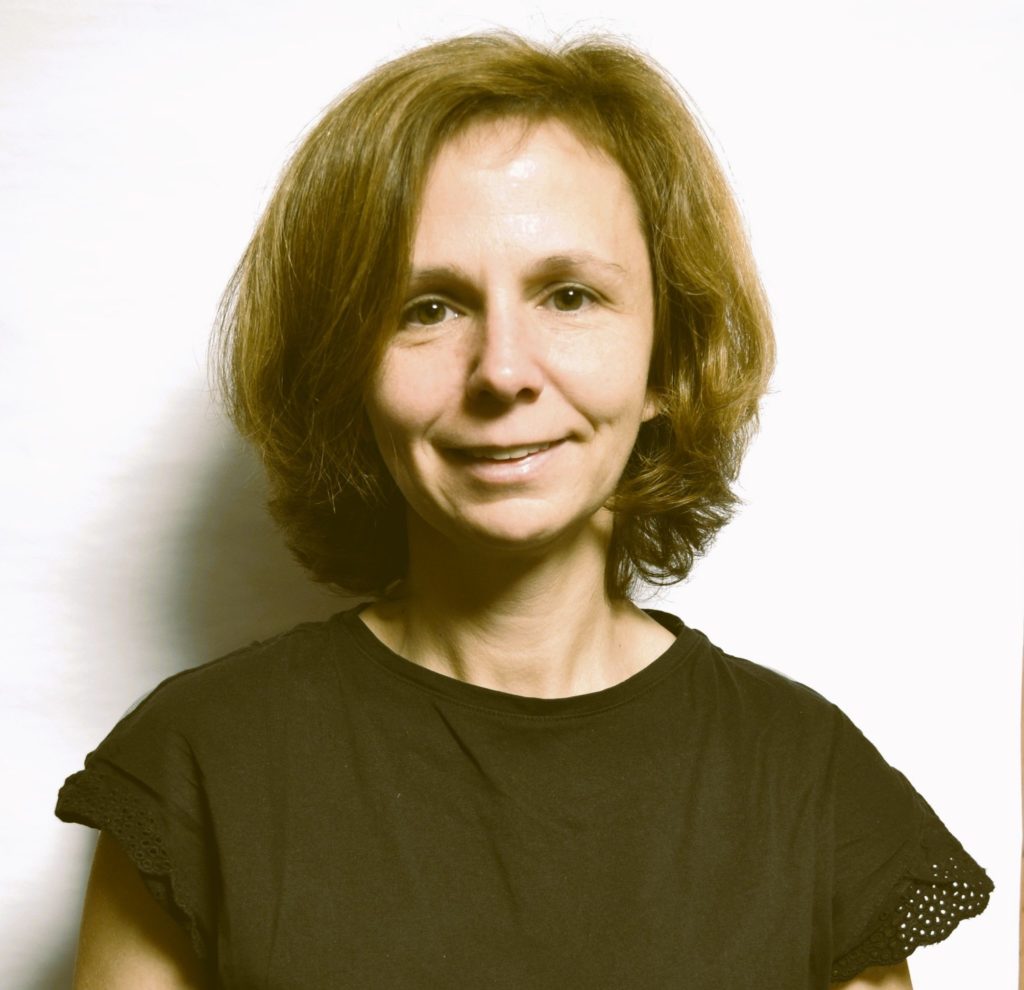“Now we’ll make up for everything” – a pair interview on the situation of mothers during Covid

Four sociologists decided to conduct a survey of mothers in 2020, during Covid’s first big lockdown, based on online interviews to see if they can renegotiate the unfair distribution of domestic tasks in this particular situation. Our website interviewed Prof. Dr. Beáta Nagy, the professor at the Department of Sociology at Corvinus University of Budapest, and sociologist Dr. Réka Geambașu (Babeș-Bolyai University, Cluj-Napoca and Centre for Economic and Regional Research, Budapest) about the lessons of the research.
How did they come to do research on the division of labour within families and how to renegotiate it during the epidemic?
B.N.: In this unprecedented situation, we thought we would use online interviews to find out what happens to mothers in this particular situation, whether they manage to renegotiate with their husbands the previously unfairly distributed domestic tasks. We interviewed 52 Hungarian-speaking mothers living in Hungary and Romania (Transylvania) during the first shutdowns. We sought interviewees who were couples, both working in home office during the epidemic, and raising at least one child under 14. In general, we interviewed middle-class mothers, as most of them have jobs that can be done from home. In any case, I would like to mention that we did this work with two other fellow researchers, Orsolya Gergely (Sapientia Hungarian University of Transylvania, Romania) and Nikolett Somogyi (University of Antwerp, Belgium).
R.G.: The interviewees were mostly women with higher education, although we also tried to include women with secondary education. Our experience was that mothers saw closure as a big, positive opportunity: they thought it was a great chance to make up for lost time, to spend more time with their children, to cook delicious meals for the family, so for most of them, the most important thing was to experience intensive motherhood during this period. And they all said that they were very tired by the end of the lockdown, because it was hard to take care of the family all day, to look after the kids since they were at home, to help the older ones with their online education, to do their own work from home office.

And what did the fathers do in the meantime? How involved were they in the increased responsibilities at home?
B.N.: The majority of mothers reported that they had not been able to renegotiate things what had been unfair, but they had not made much of an attempt to do so. Fathers tended to help with the more ‘fun’ tasks, taking the child for a bike ride or doing the shopping. Of course, the shopping list, was made by the mothers, as they thought out the weekly menu in advance, and they were responsible for this too. Shopping was a way out during the lockdown, so it was valued. But we also found during the interviews – which the mothers were happy about, almost seeing it as a therapeutic opportunity – that many of them were not angry with the fathers, because they felt that their partner was tired too, or even thought that the father could not do certain tasks as well as mothers. Regardless of the lack of renegotiation, a positive outcome of this period was that previously ‘invisible’ and unpaid domestic work was valued. Basically, we saw three different patterns: there were some who shared tasks in the same traditional way as before, but in some cases, we saw that mothers wanted to compensate their family members for time previously taken away due to work. Of course, there was also a pattern, although a small minority, where parents typically discussed and shared all tasks even before the outbreak.
What is the reason for this traditional division of tasks? Is it the traditional mindset of Hungarian and Transylvanian Hungarian women?
B.N.: In both environments we see that women are socialised through the social expectation system that children come first and then they come second. Nationally, women have struggled and worked for decades to have the same career, to be in the highest positions as men, and now we have seen that at this critical time they have been the least engaged in their own employment.
R.G.: I find that many women choose to work in order to be able to do more and better at home with the children, because that is their primary task, that is what society expects of them.
B.N.: As we know from the labour market in Hungary and Romania, the forms of work were very inflexible: the place and time of work were very rigid. However, as a result of the epidemic, it is increasingly possible for workers to work 1-2 days a week in home office, but only in certain positions.
R.G.: We also asked interviewees about the impact of flexible working during the Covid-19 lockdowns. We heard from many of them that it was a good option, as it “gave them the right” to do their own work, even at night, because they had the really important tasks: learning with the children, playing, organising the household. They also tried to take care of the mental well-being of the children, who were suffering from the isolation of not being able to meet their classmates ‘live’. Many were also worried about their own parents, who were worried about falling ill, and they tried to help them too. Among the many tasks to be done, the search work took a back seat for many.

Speaking of mental health, what do you think about the frequent and almost constant guilt of mothers with children: children or career? This was a feature of women even before the epidemic.
B.N.: All women with children and working women share this. It’s almost universally agreed.
R.G.: During the epidemic, many mothers felt that they were not able to make as good use of the extra time with their children, and this frustrated them. Many of our interviewees said that they were even depressed by the fact that in Facebook groups dedicated to this topic, many mothers proudly reported that they were doing crafts with their pre-schooler every day, baking special and healthy bread for him. Some mothers have dropped out of a group because they were frustrated by this expectation and felt guilty that they didn’t have the time.
They also report that in Romania and Hungary, education is perceived as a poorly performing sub-system with deteriorating standards and high levels of inequality, due to the gradual withdrawal of resources and inadequate policy management. What impact does this have on motherhood?
B.N.: This question is particularly important because the problems with the education system mean that family background is becoming increasingly important for children’s future. It is commonly believed that the mother is primarily responsible for the child’s future well-being: can the child do well and perform well at school? If not, he or she will have to be taken to extra lessons, which will of course have to be paid for – and it is usually the mother’s responsibility to plan the logistics of this. And if for some reason they can’t do it, they feel guilty about it, because they have a parental duty to look after their child’s future. It is basically the mothers who have to do this, because they cannot usually rely on anyone else.
R.G.: My experience is that in Hungary there is a high level of mistrust in education, mothers feel that they have to “invest” in their children in this respect, and they consider it their own responsibility. All women were worried at the time of Covid that online education would not keep the child’s knowledge up to the right level. Many had pre-taught maths so that they could help their child with this important subject instead of a teacher who did not explain it well. And when I think of confidence, I think of the fact that a friend in Luxembourg wrote to me during the epidemic that I need not worry about my child falling behind in a subject, that he would soon make up for it when he returned to school. That is the confidence in education that we do not have here.
Were there any situations during the interviews that touched you personally and remained memorable?
R.G.: I’ll never forget, one of my teacher interviewees told me that while she was giving an online lesson to her students, her kindergarten child was playing on the floor and then suddenly climbed up on the windowsill. Luckily, it was a ground floor window. But the teacher didn’t notice, because she was explaining something online, her students were shouting at her from the screen “Teacher, the child is about to fall out of the window!!!” Thankfully, nothing happened in the end.
B.N.: What sticks in my mind is what an interviewer, also an educator, told me. She was teaching an online class, and afterwards her husband said to her, “I had no idea that you teach such interesting things and explain them so well!”
Photo: portrait of Beáta Nagy by Anna Győrffy, portrait of Réka Geambașu by Viktor Varjú.
Katalin Török